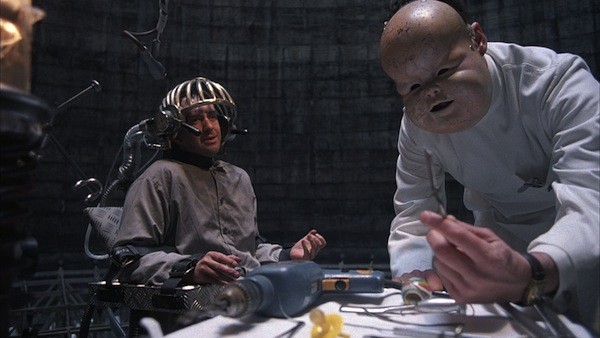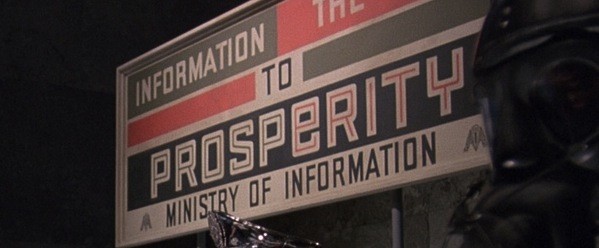And another one bites the dust.
It’s become almost a daily story in the media: Some outspoken anti-vaxxer dies of Covid. Some are repentant in their final days, like conservative radio talker Phil Valentine of Nashville, who, after coming down with the disease, changed his tune and urged his listeners to get vaccinated — before he died on a ventilator. Others have gone to meet their maker still insisting that a) Covid was a hoax, b) the vaccines don’t work, or c) they really just had the flu.
Three conservative radio hosts have died in recent weeks: Valentine and two Florida talk-show mainstays — Marc Bernier and Dick Farrel. All three disparaged the vaccine, masks, and distancing; trashed the CDC; and told listeners not to fear Covid. Bernier tweeted: “Now the government is acting like Nazis, saying ‘get the shot.’” Farrel tweeted: “Why take a vax promoted by people who lied 2u all along about masks, where the virus came from, and the death toll?” He also called Anthony Fauci “a power-tripping lying freak.”
This week, Joe Rogan, aka the “little ball of anger,” the most popular podcaster in America, announced that he’d contracted Covid. Rogan, unsurprisingly, is also an anti-vaxxer. He claims that he is taking a horse dewormer to treat his case. I hope he is as lucky as he is stupid.
But it’s not just radio hosts who are dying from denial of science and common sense, who are losing the ultimate bet, making the deadly choice to pick ideology over science and medicine. It’s evangelical ministers, politicians, anti-mask leaders, and other assorted right-wing spokespeople, now dead because they bought the bilge being spewed by Valentine and their cohorts, and, even worse, by prominent talk-show blatherers with national audiences, like the loathsome and hypocritical Tucker Carlson (who’s been vaccinated) and Laura Ingraham (also vaccinated), to name just two. Their lies are quite literally getting people killed.
Several country music stars and boomer rock heroes like Eric Clapton and Van Morrison are also virulent and outspoken in their anti-vax, anti-mask positions. The latter two have written horrible songs about losing their freedom. To be idiots? Most of Kid Rock’s maskless band caught Covid at the annual Sturgis Motorcycle Rally last month. (South Dakota’s Covid infection rate went up 700 percent following the gathering.)
Locally and statewide, we are seeing the results of a low vaccination rate and anti-mask sentiment, due mostly to ignorance and ideology. Parents in this county and this state are intentionally sending their children to school, unmasked and unvaccinated, convinced that all these deaths, these ever-rising case numbers, these young people dying in our hospitals, are somehow a Joe Biden/Anthony Fauci plot to take away their freedom. Their own children (and ours) are being sacrificed on the altar of know-nothing ideology, aided and abetted by GOP state governors, including our own absurdly incompetent Bill Lee, who when asked how he planned to deal with the fact that Tennessee now has the highest infection rate in the nation, answered that he didn’t plan to “change strategy.”
“Strategy?” No, Bill. “Strategy” is a plan, a course of action, a way to take on a problem sickening and killing the people in your state. Sitting on your ass and saying that “parents know best” is not a strategy. You are an embarrassment, a wanna-be DeSantis, a mini-Trump with the charisma of a pine-stump.

All this reminds me of nothing so much as the fight scene from Monty Python and the Holy Grail, in which the Black Knight refuses to allow King Arthur to pass. In the ensuing sword fight, the knight’s left arm is hacked off. “’Tis but a scratch,” he proclaims, fighting on. When his right arm is severed, he still refuses to surrender.
“Look, you stupid bastard,” says Arthur. “You’ve got no arms left!”
“’Tis but a flesh wound,” says the knight.
Then a leg is sliced off, then the other. Still he persists, shouting insults and threats, a noisy torso on the ground. “The Black Knight never loses!” he shouts.
Empty words. From a stump. Seems familiar.







 Amanda Searle
Amanda Searle